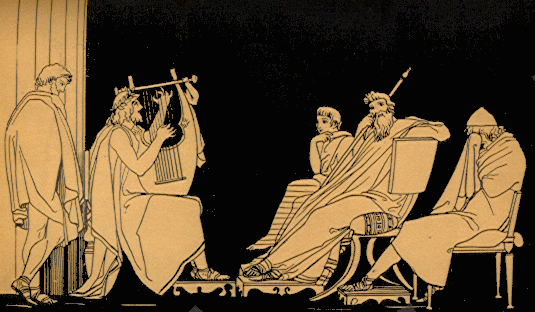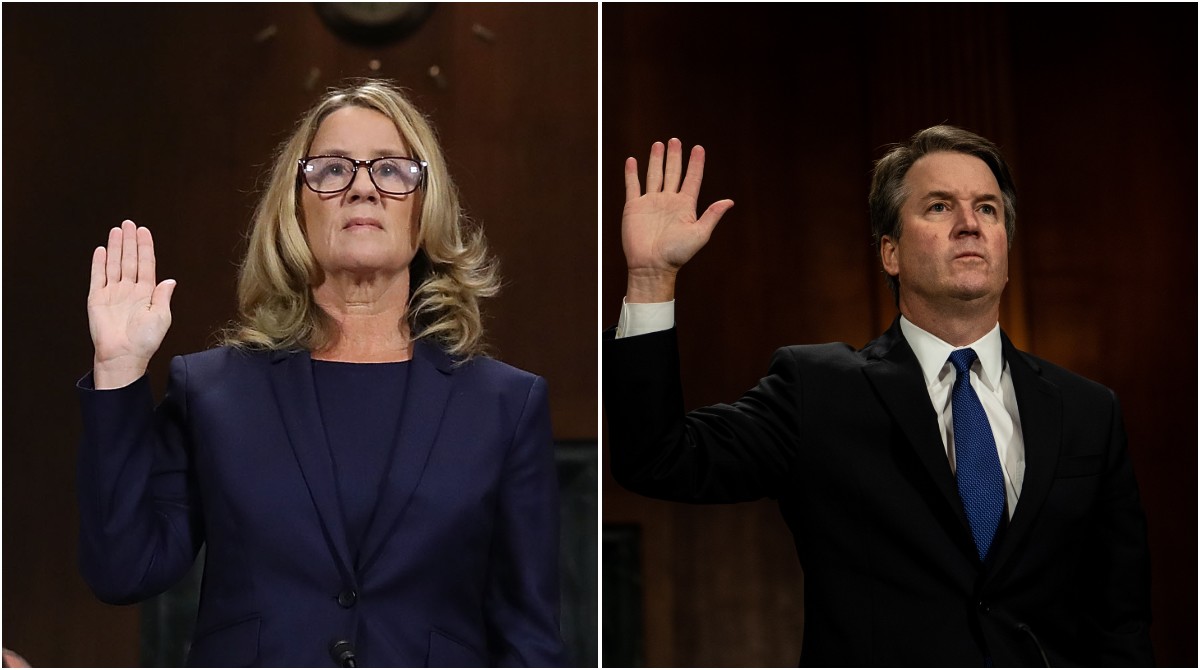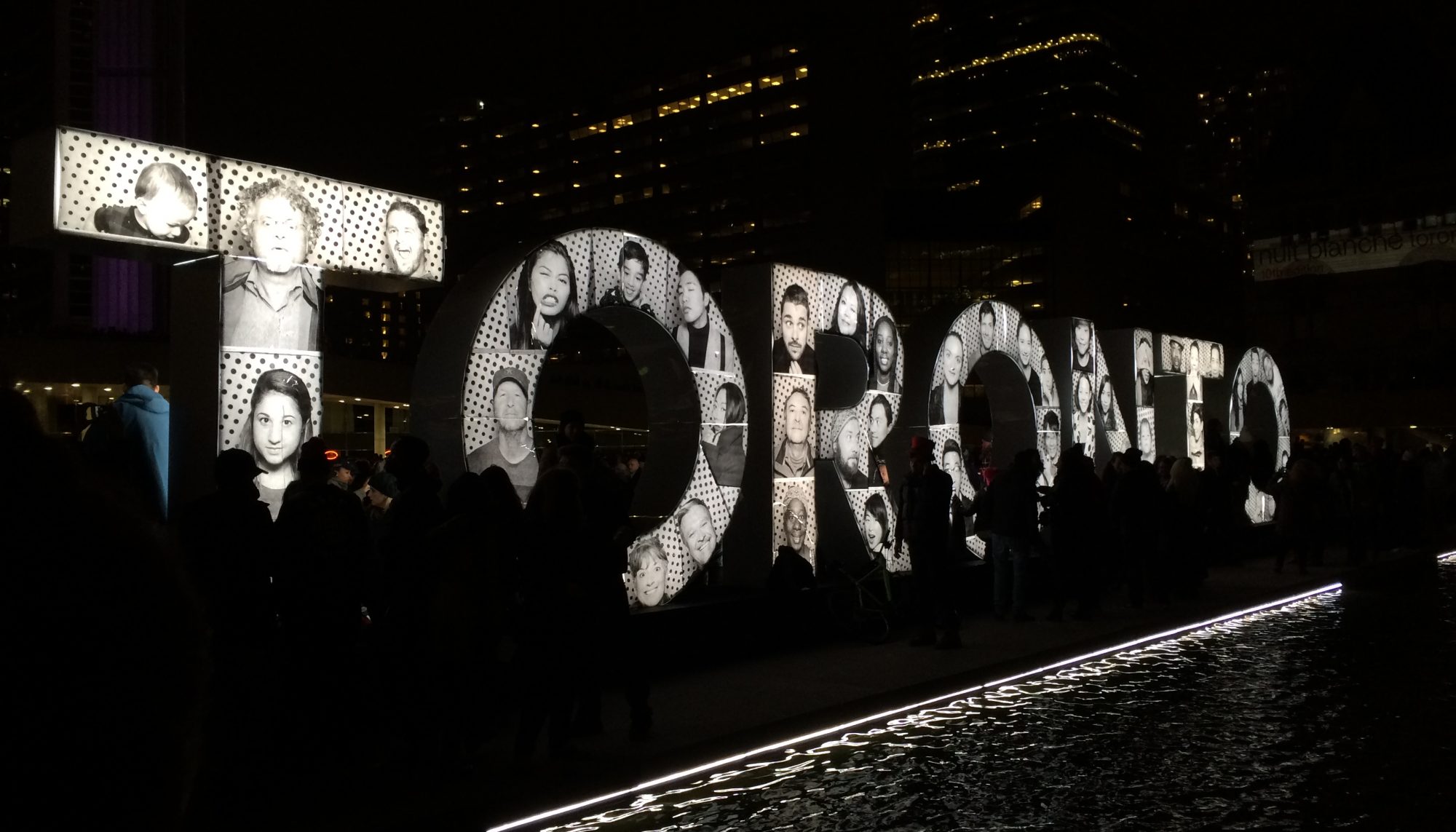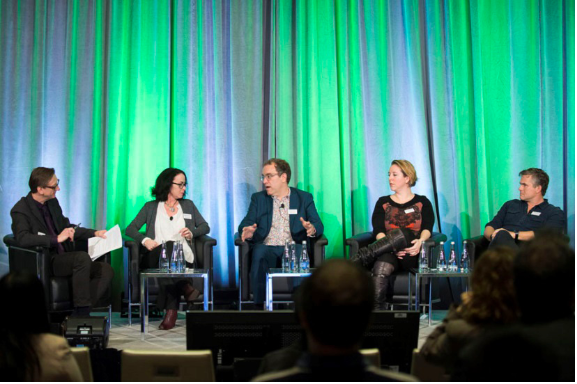Full Essay on Medium:
‘tell me my story’ Adriana Cavarero
“In the past two years, we have seen a surfeit of articles and photos capturing the ugliness of populist demonstrations and the resurgence of white nationalism, yet this is the image that haunts me. Look at those faces. Look at those beaming smiles. The camaraderie. The light. The joy. When I studied that photo it seemed absolutely clear to me that no matter what Trump does or says, his base will support him because this is how he makes them feel.
Happy. Seen. Spoken to. Affirmed. This response is not news, as understanding the Trump base is a much discussed topic. What might be new, though, is a different way of thinking about the relationship between storytelling and the self that I’d like to share here…”

“Cavarero argues that…Homer shows us our ‘desire to hear one’s own story in life’ (33). The power of the storyteller is to give us is a vision of our life in ‘the figural unity of the design’ (xxi). Our story is made manifest and confirmed in the eyes and understanding of another. We cannot do this for ourselves as ‘the story can only be narrated from the posthumous perspective of someone who did not participate in the events’ (xxii). This power of transformation and mediation is the storyteller’s gift and for Odysseus at the court of the Phaeacians, he hears how he is being remembered and he weeps.
That we need another to ‘tell me my story’ (86), to confer this understanding of ourselves narratable, a story that can and will be told emphasizes, too, the craft and vision of the storyteller. The craft involved in creating complex, meaningful, compelling, memorable stories out of the messy, dense, contradictory experiences of our everyday lives. We cannot do this for ourselves as another can.
This desire to hear our story as others conceive it is there at the end of John Green’s The Fault in Our Stars, when Augustus asks Hazel and Isaac to write their eulogies for a pre-funeral, as “I want to attend my funeral.” The eulogies that Hazel and Isaac read share the impact Gus has had on each of them and how each will remember him after his imminent death.
This desire for our story to be told back to us by others illuminates so many of the dynamics and consequences of online engagement and the dangers of echo-chamber isolation that have marked this year. Deeply divisive conflicts over whose story we believe. Whose story we affirm….”



